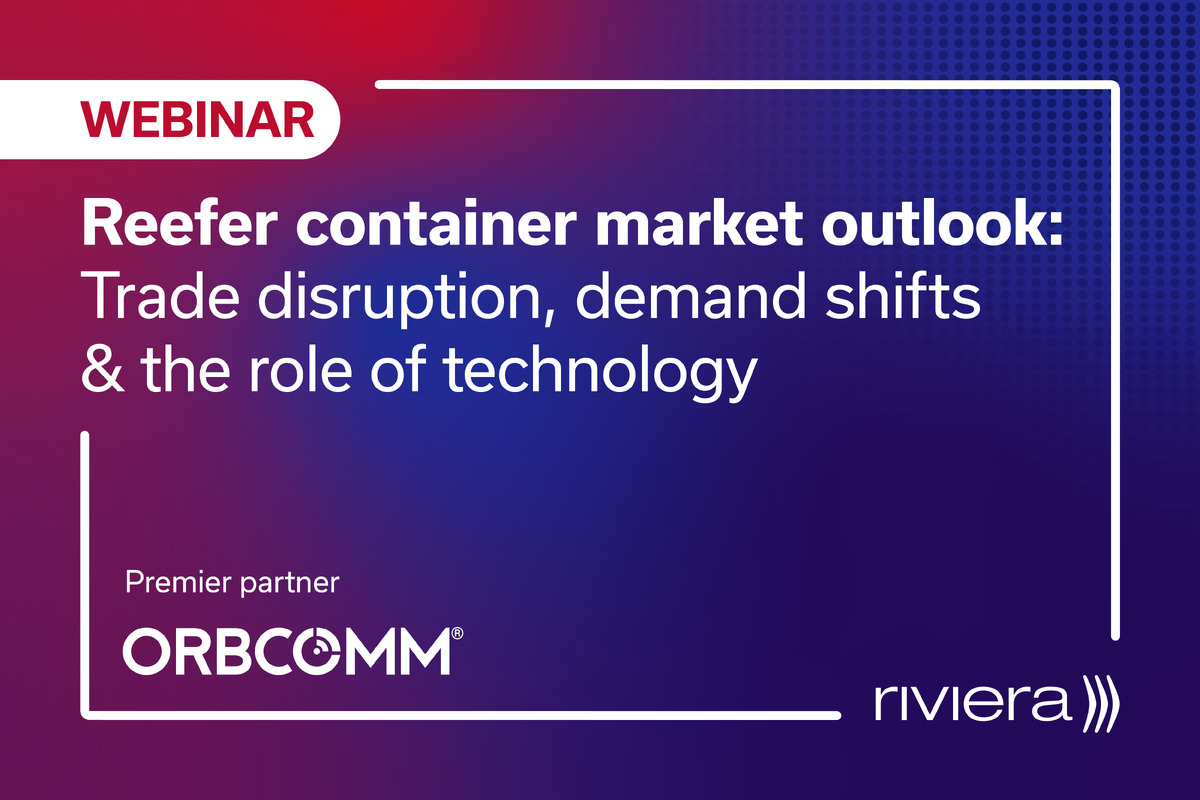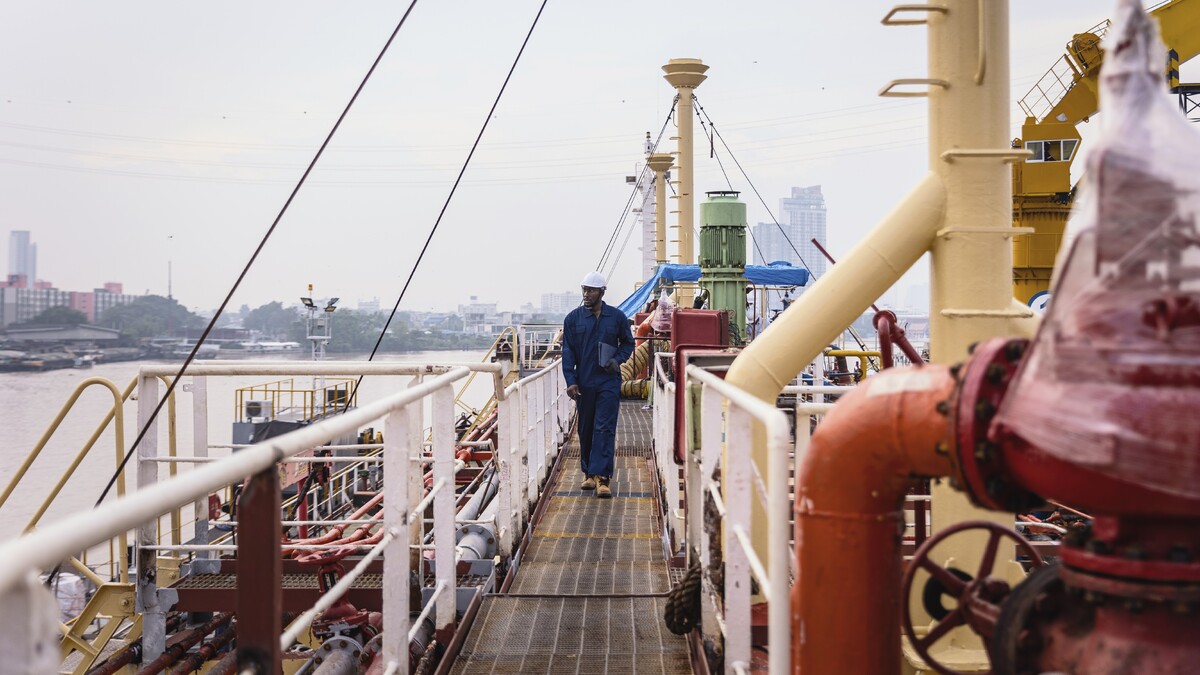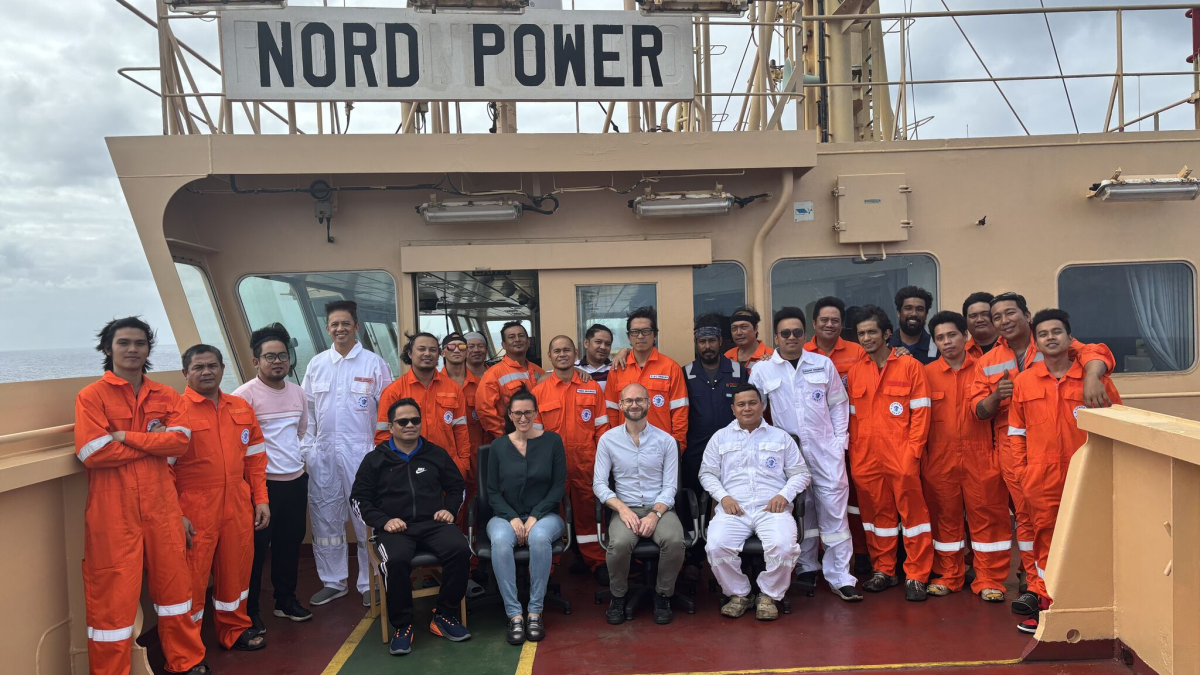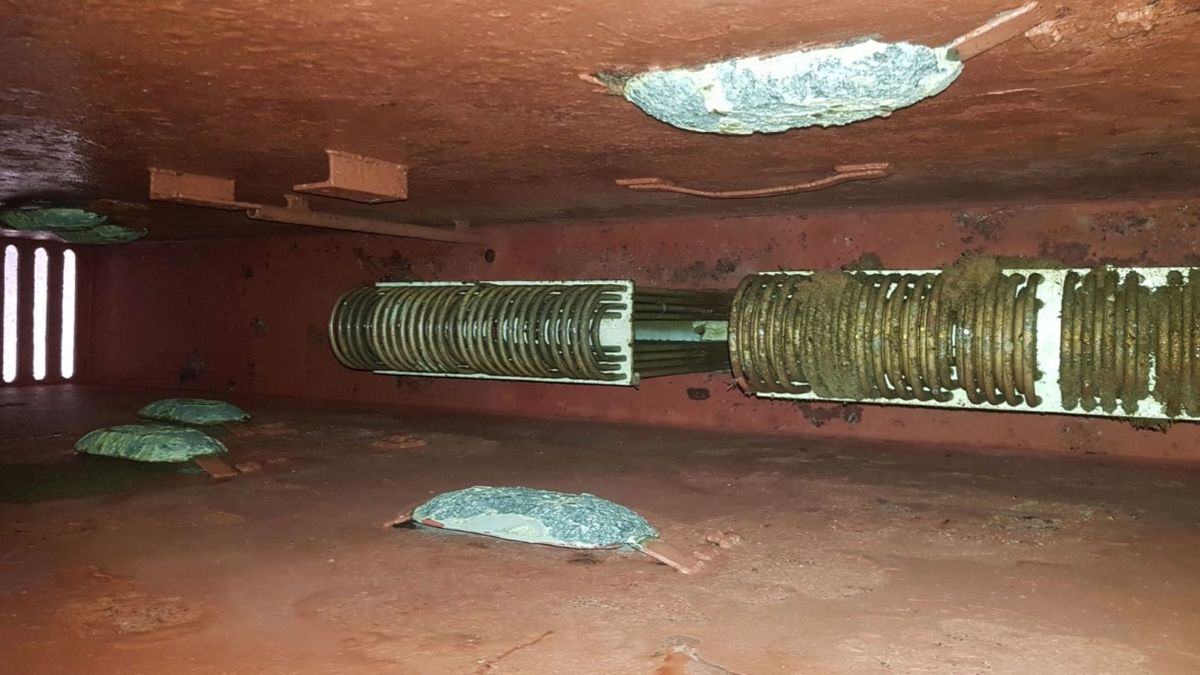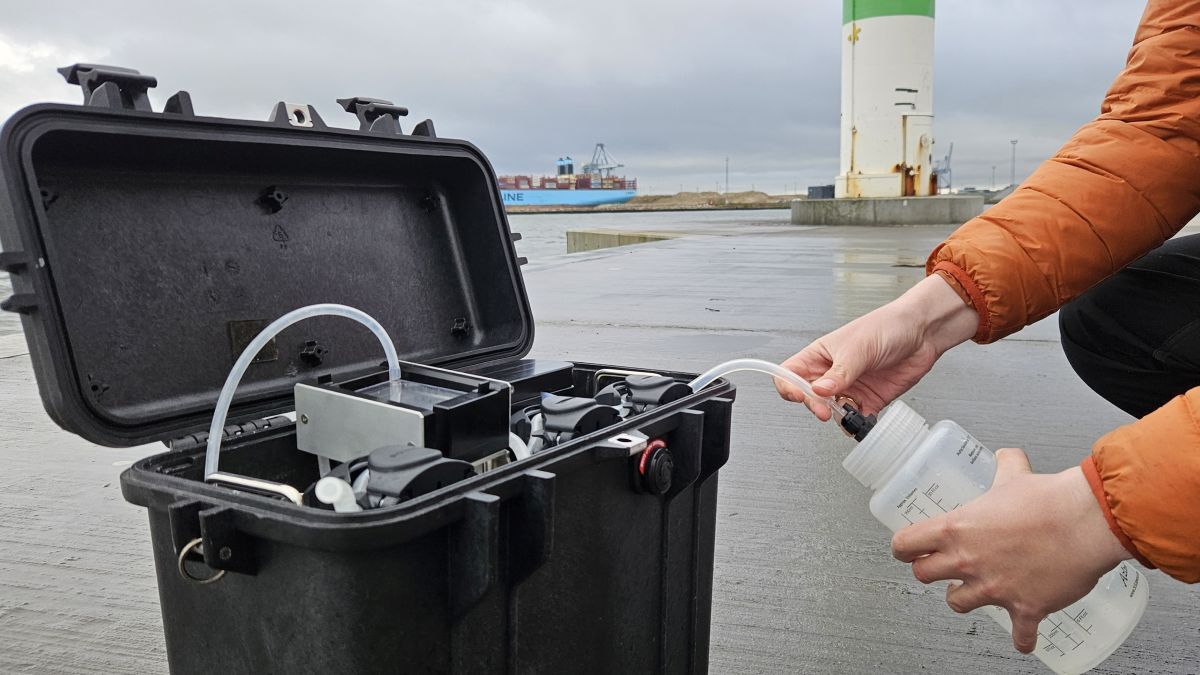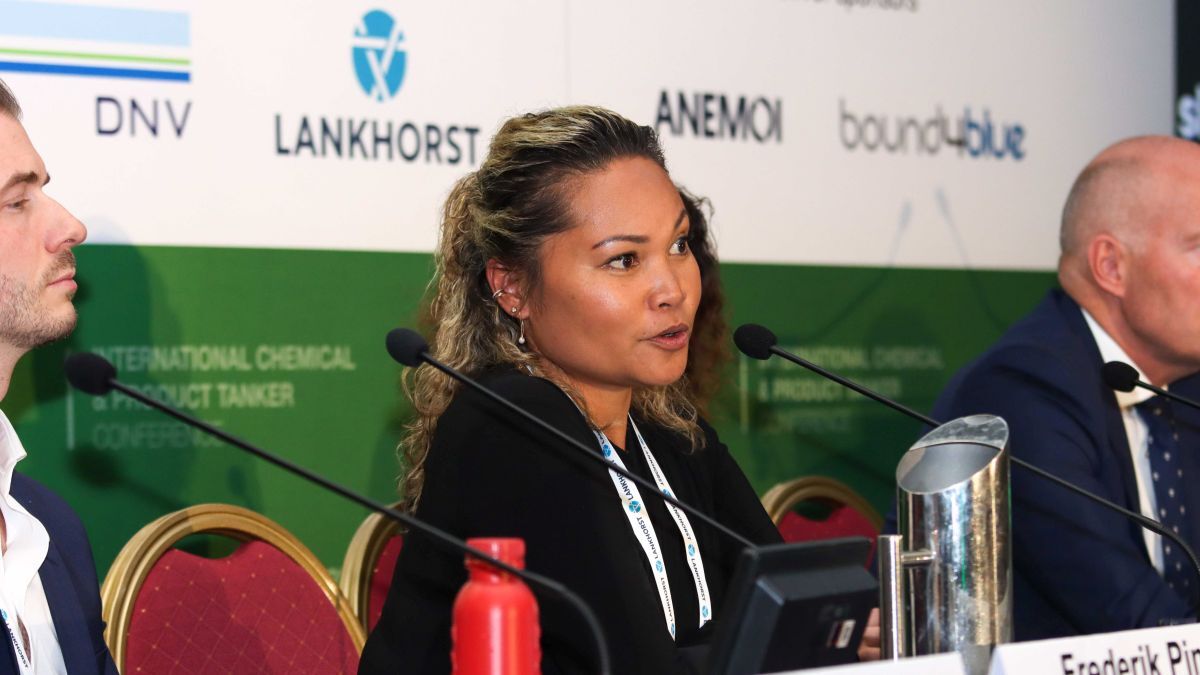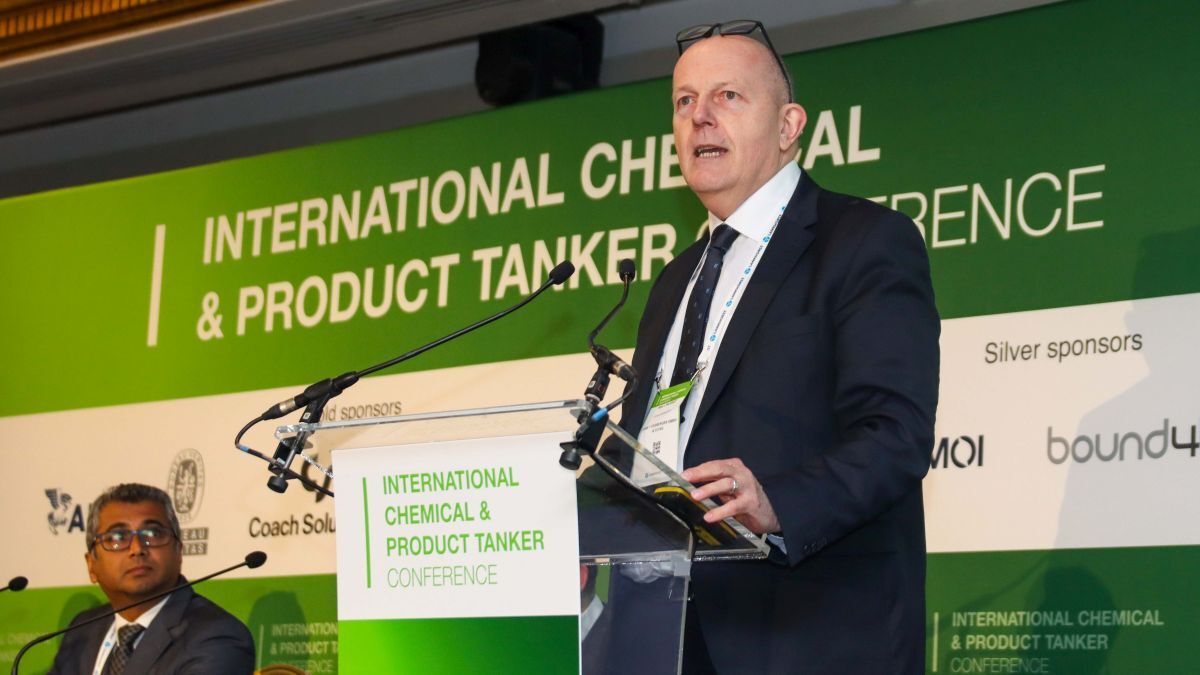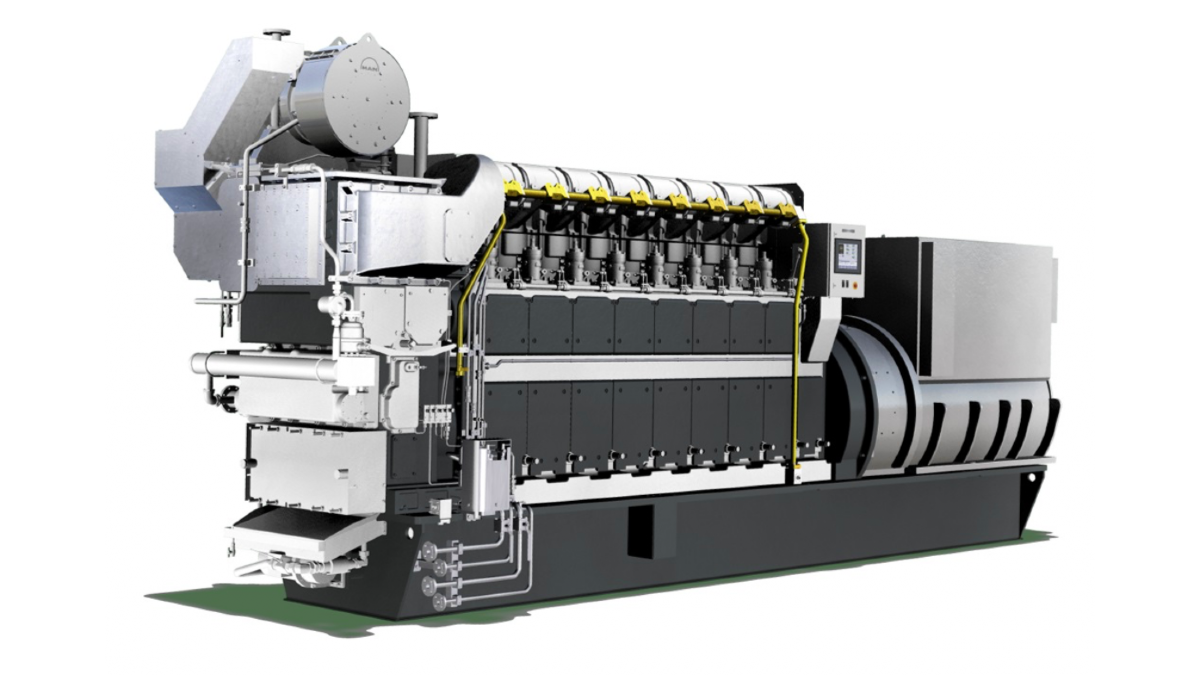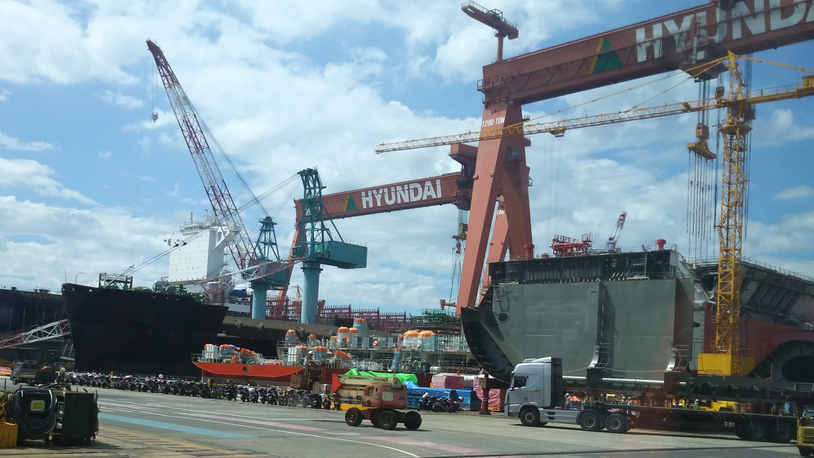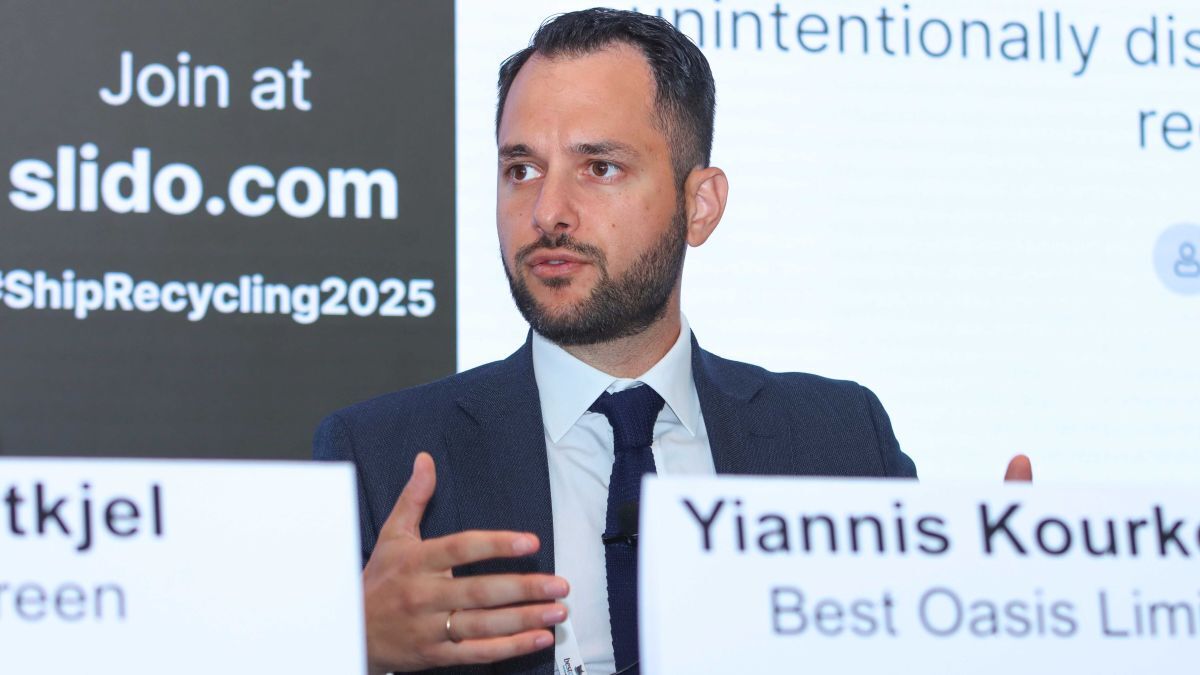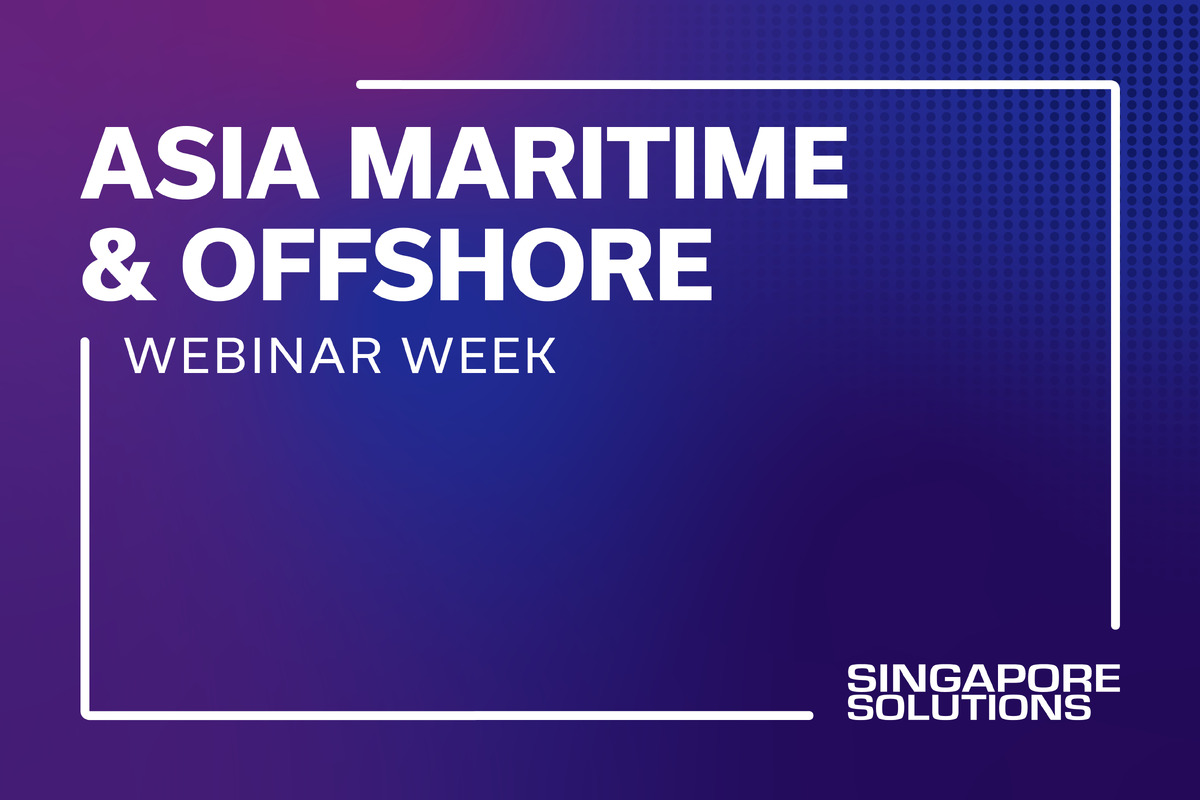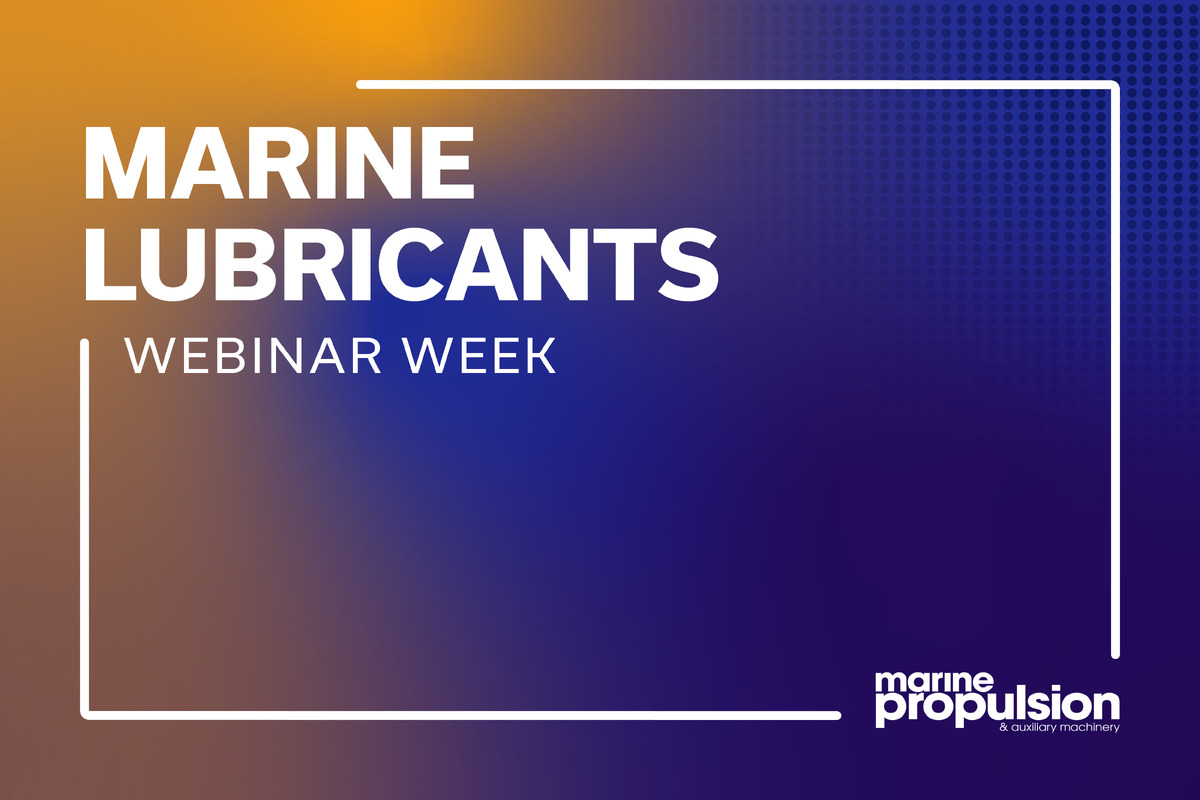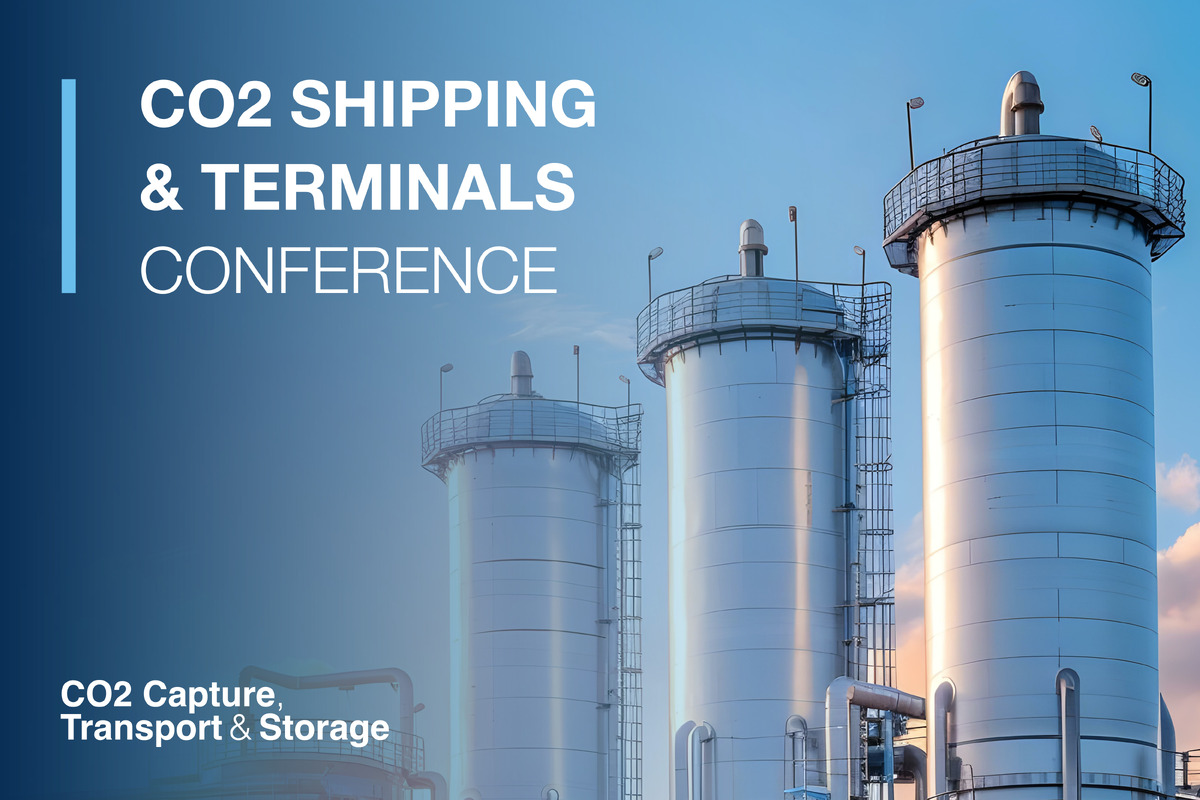Business Sectors
Contents
Norden trials 'carbon-negative' biofuel on longhaul round-trip sailing
Company says biofuel is ready for main engine testing after trial of drop-in 20% biofuel blend on a Capesize dry cargo vessel’s auxiliary engine
Danish shipping company Norden is hailing the success of a biofuel trial on board one of the company’s dry cargo vessels.
Norden trialled a 20% biofuel blend on an auxiliary engine on board Nord Power during a round-trip sailing from Singapore to Brazil and back, calling the trial a ’milestone’ achievement.
“Drop-in biofuels are an important part of Norden’s transition to lower emissions for our customers in the here and now. This trial proves that MASH Makes’ biofuel is suitable for marine engines, and it marks an important milestone towards bringing the fuel into our operation,” said Norden head of decarbonisation and climate solutions Henrik Røjel.
Norden said the vessel’s roundtrip from Singapore to Brazil used 65 tonnes of 20% of a biofuel blend in its auxiliary engine. The biofuel blend, categorised as B20 for the percentage of biofuel the blend contains, is produced by a company called MASH Makes, in which Norden holds a minority stake. Norden said the two companies have worked closely together to validate the biofuel for marine usage.
MASH Makes said its biofuel production process, using agricultural waste and a process called pyrolysis, is carbon negative. Pyrolysis is heating of organic material without oxygen to create a refinable liquid that can be blended with or used to replace fossil fuels.
"MASH Makes biofuel is produced through pyrolysis, which converts agricultural residues into renewable energy. It’s comparable with ISO8217 marine fuel standards and designed to work as a drop-in fuel for the shipping industry," the company says of its product.
According to MASH Makes, every tonne of its biofuel is associated with 5.70 tonnes of CO2 being sequestered permanently in the soil.
"For every tonne of biofuel produced, MASH Makes also generates 1.80 tonnes of biochar, a stable, carbon-rich material applied to soil. Each tonne of biochar locks 3.14 tonnes of CO2 from the atmosphere into the ground, creating a direct link between fuel production and carbon removal," the company said.
Both Norden and MASH Makes confirmed in separate posts on their respective LinkedIn pages that the "next step will be to trial biofuel on a main engine".
When asked, a MASH Makes spokesperson said the company is in the planning stage for future trials but did not go into detail.
One detail that is clear is the main engine trial for the biofuel will not take place on the same vessel as the auxiliary engine trial. Norden reported in December it had sold Nord Power along with Nord Energy. The company called the transaction "a strategic sale of existing, older dry cargo vessels... at a time when secondhand Capesize asset prices are at elevated levels". Delivery of the vessels was set for Q1 2025, and Norden said it had entered into two new dry cargo leases with purchase options for one Capesize newbuilding and one Handysize newbuilding. Both vessels will be built in Japan with expected deliveries in 2028.
Norden has now also raised its 2025 full-year market guidance on company performance, expecting net profitability of at least US$50M and up to US$130M for the year, "on the back of the increased gains from sales of vessels and good operational performance".
Sign up for Riviera’s series of technical and operational webinars and conferences:
- Register to attend by visiting our events page.
- Watch recordings from all of our webinars in the webinar library.
Related to this Story
Events
Reefer container market outlook: Trade disruption, demand shifts & the role of technology
Asia Maritime & Offshore Webinar Week 2025
Marine Lubricants Webinar Week 2025
CO2 Shipping & Terminals Conference 2025
© 2024 Riviera Maritime Media Ltd.
